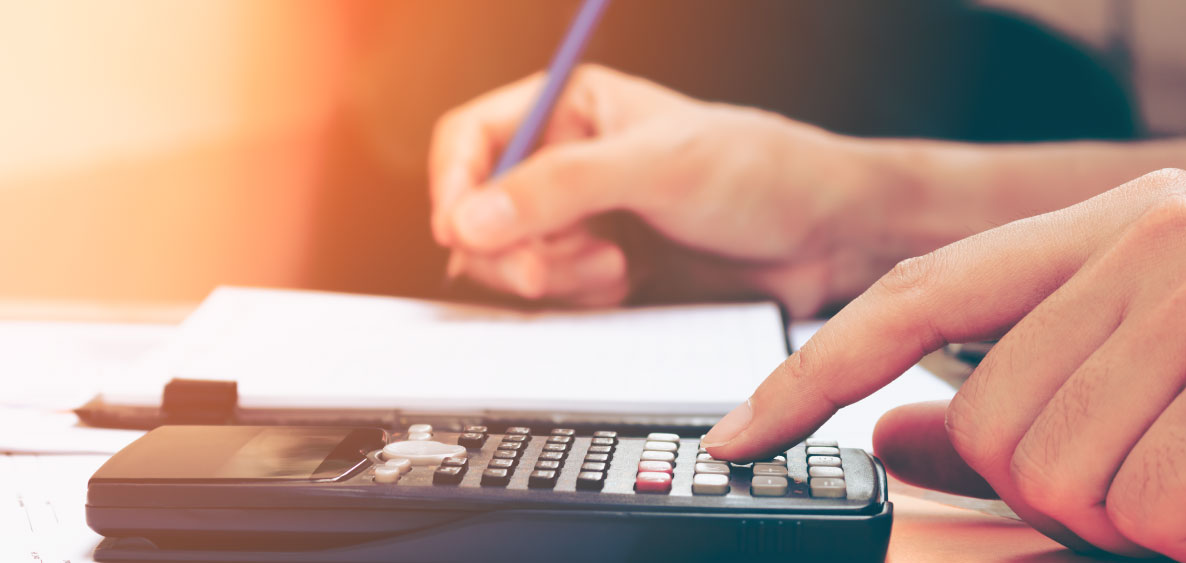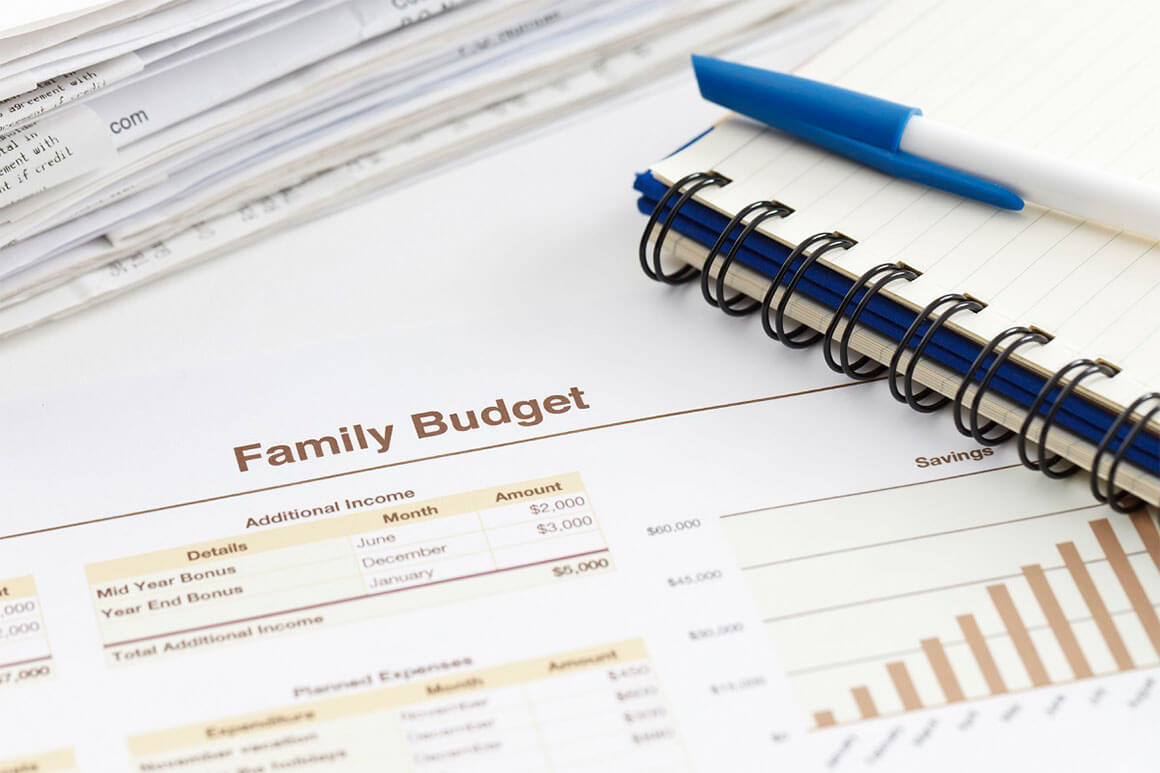
Financial well-being January 3, 2017 By
“Sticking to a budget is easy.” -- Said no one ever.
A budget may seem intimidating and overwhelming, but it isn’t nearly as intimidating as reaching the end of the month and not having enough to pay your bills.
Budgeting can be one of those things you just don’t want to do even though you know it’s good for you--kind of like flossing, getting a flu shot, or choosing salad over pizza. It can be tough to take the leap. But just like other healthy habits, it pays off big in the long run.
Truthfully, budgeting is just about setting priorities, looking ahead to expenses and planning where your money will go before you spend it. It’s really that simple.
No need for complicated math and formulas. All you really need is paper, a pen, and a calculator. There are apps, too, like the First United Bank mobile app, Mint.com, YouNeedABudget.com, and EveryDollar.com that you can use. Whatever you use, just keep it simple and something you can access and manage easily.
So, how does this BUDGET thing actually work? What do I do? How do I even get started?
What’s COMING IN
First, make a list of all the money that comes into your hands each month.
- Regular paycheck amount
- Bonuses or commission
- Overtime pay
- Child support
- Rental income
All of these added up are what you have to work with for the upcoming month.
What’s GOING OUT
Make a monthly spending plan that includes GIVING, SAVING, and then NECESSITIES – things like food, housing, transportation, debt payments, childcare. It’s safer to estimate on the higher end of what these expenses tend to cost and have money left over.
Let’s face it, giving isn’t always the first thing most people think about. Today’s culture has become very “me” focused, but when we make giving a priority, we start to see other people and ourselves differently.
Everything that we have has been entrusted to us by God, and we are only managers of what He has given to us. By giving back to Him as well as to other worthy groups, somehow priorities change and life’s big picture comes into focus. So in your budget planning, make giving a priority. Any amount will put you on the right track.
Remember, after giving, always pay yourself first and put aside at least 10 percent of your income in your savings (a rainy day fund) and/or retirement account.
If you think that you will put money in savings after you have paid your bills, chances are you won’t have any money left to save. Save it or spend it – you decide.
Making a BUDGET
After paying yourself, it’s as simple as making a list writing down everything that requires money each month. Then, just put an amount of money next to it.
Think of all the bills and commitments you have each month in addition to what it costs for things like food, rent, childcare and transportation. Look at online banking transactions, bank statement(s), and credit card statement(s) to see what you’ve spent in prior months to get a good idea of what you will need for the upcoming month.
Other ways to figure out how much you are spending is to keep receipts in an envelope or write them down in a notebook. Then you just add them up at the end of the month and put them in categories. You will want to do this a month or so before you start your budget so you will have a good idea of your expenses.
Budget how to spend WHAT’S LEFT, too:
What you have left is your discretionary money that you can spend on non-necessities like eating out, entertainment like movies and music, clothes, gifts, and whatever you want.
Money that isn’t directed toward a goal or told what to do in a budget usually ends up being wasted, so tell it what to do. In other words, give your money a specific purpose by putting every dollar to work for you.
By the way, remember that every month is different. Some months you may have birthdays, anniversaries, car registrations, doctor visits, school events, activities for the kids, Christmas, etc. Plan a new budget for each month.
Some things will stay the same and are “fixed” such as rent/mortgage, car payment, insurance, credit card payments, bills, and student loans. Some expenses that change from month to month are flexible such as utilities. The cost of heating and cooling your home is different depending on the season so plan ahead for those expenses.
Bottom line – Create a budget & stick to it. Don’t spend more than you make.
Have a plan for how you are going to spend your hard-earned dollars before you actually spend them. That’s what a budget is. Simple, right? You can do it!




